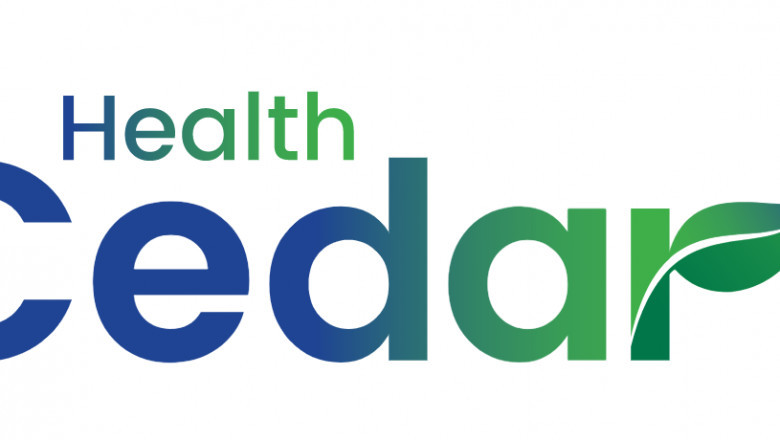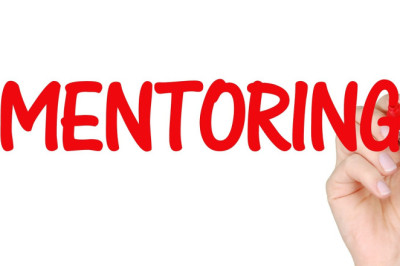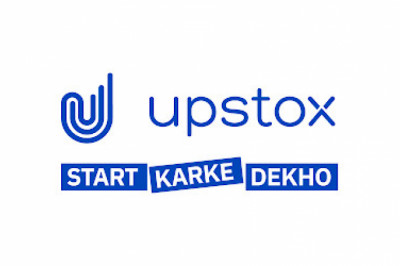views

From faster diagnosis, better patients' understanding to drug management; artificial intelligence in healthcare is becoming a popular discussion. Though AI shows high potential to transform the healthcare industry yet it is difficult for some groups of people to understand it fully.
While researching automation in healthcare with electronic health records, blockchain, IoT we decided to take a closer look at the positive impact of ArtificialIntelligence in healthcare. In this article we’ll see how AI helps providers around the world in bringing efficiency, what are the benefits they are getting. But first, let’s understand AI.
What is artificial intelligence in healthcare and how does it work?
ArtificialIntelligence in healthcare uses software with complex algorithms to automate various tasks. Doctors, researchers & scientists use this technology to address the challenges that the health industry is facing and resolve the complexity in much less time. The applicability of AI in healthcare is endless. It is capable of diagnosing diseases that are related to genes or hereditary, can predict the health risk in patients, drug testing, vaccine formation, etc. Now let's see how it is aiding providers all over the world.
How does AI help to enhance healthcare management?
It is known that AI has huge scope in the future in all sectors. It is capable of360-degree transformation in operation, workflow, development, and stakeholder management. Yet the health industry is not using it to its full potential. Here are four major levels where artificial intelligence is being useful and aiding people.
Diagnosis
Can you believe that AI can aid in cancer diagnosing? At present, it can not treat it but it can surely help to analyze, anticipate, and identify some common symptoms while patients are going through chemotherapy. (According to a study done by a team of researchers at the University of California and theUniversity of Surrey, Gilford.) Artificial intelligence uses data collected from multiple entries and learns the pattern and helps doctors to understand rare diseases and future risks. This kind of assistance surely can bring paradigm shifts in the cure of various serious diseases.
patient outcomes
There is research that shows that virtual assistant AI-enabled devices like Alexa are revolutionizing healthcare. Some industries are all deploying artificial intelligence nurses as a chatbot to answer the query of patients in various levels of cancer and other grave diseases like this. This makes the healthcare operations more patient-centric and enhances patients outcomes.
drug discovery
Many pharmaceutical & research industries are leveraging AI to handle drug discovery and to manage distribution in the market. With the assistance of AI, they can minimize the overall timeline of coming with the results of new drugs for rare diseases and speeding up the complete supply chain of drug distribution.
ClinicalTrial
Clinical trials when done manually are very tedious. Data gathering, analyzing, understanding results, and tracking every detail takes lots of time and effort. But with the power of AI, it becomes super convenient for researchers to manage all the processes involved in clinical trials and make operations seamless. Artificial intelligence learns from the information fed in the system, it makes it a really useful technique to use in clinical trials.
Predictive Analytics
Predictive analysis is one of the other revolutionary benefits of artificial intelligence in healthcare. As you must be aware that all the patients' data such as medical history, lab reports, treatments, allergies are shared with concerned doctors or health care organizations to stay updated with patients’ details. If the care providers use AI-enabled EHR Systems, they can leverage the power of predictive analytics and come up with the desired diagnostic results in no time. That can save providers from medical malpractice and enhance patients' experience with treatment.
What are the unique ways in which healthcare can use artificial intelligence (AI)?
How artificial intelligence in healthcare needs no introduction. There are ample technological innovations in which AI is helping providers, patients, researchers, and the whole healthcare community. Here are the top three approaches in which AI is showing a promising future of automated healthcare& Lifesciences systems.
· Robotic Surgery
· Machine Learning
· Virtual Nursing Assistant
· Automated Image Diagnostic
· Fraud Detection
On Concluding Note: The Future of Healthcare with AI
The journey of AI in healthcare is a long way to cover. Faster medicine diagnosis, better treatment, and patient-oriented care is the need of the hour. The challenges with the adoption of AI in the day-to-day healthcare process will sooner become obsolete as the world is pacing up the innovation. Many practices such as pathology radiology, immunotherapy, oncology rely on AI aid. It is prevalent that AI is the future of healthcare.
Looking for a Digital Solution to solve your healthcare management problems? Cedar Healthcare is a robust cutting-edge electronic health records solution that is designed with providers in mind. Don’tmiss out on the benefits Cedar has to offer.












